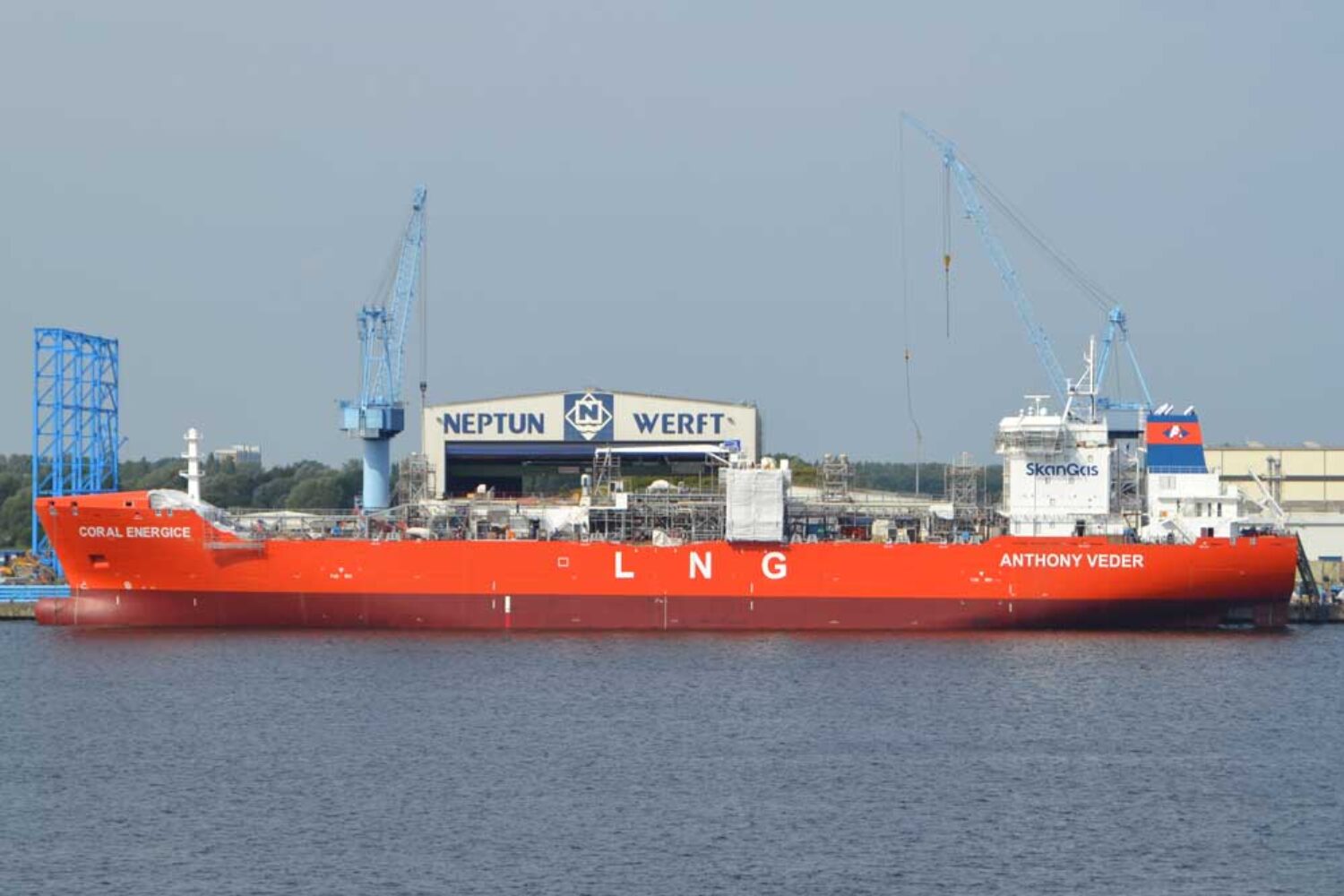The number of ships powered by liquefied natural gas (LNG) has increased enormously over the last ten years.
If you add the order books, their share of the global fleet increases considerably. Environmentalists criticise the fuel and called for a move away from LNG at the 82nd IMO meeting on the protection of the oceans.
As the lobby group SEA-LNG announced recently, the active fleet now accounts for more than 2% of the global shipping fleet. In the future, this share will grow significantly: with the order books, it will rise to 4% of all ships or 6% of the total tonnage.
Liquid gas fleet soon to exceed 2,000 ships
From just 21 ships in 2010 – mostly small and operating regionally – the fleet has now grown to 590, including some of the world’s largest container ships. By the end of 2028, the number of active LNG ships will be over 1,150, plus around 1,000 tankers. According to the classification society DNV, dual-fuel ships also make up a third of the order backlog for newbuildings. In the last three months, the fuel has once again become the number one alternative, while methanol has lost ground.
“It is pleasing to see LNG finally gaining popularity with so many shipowners,” said Peter Keller, Chairman of SEA-LNG. It is the “only practical and realistic alternative fuel available today.” The methane slip, which many environmentalists criticise, will be eliminated from all engine technologies within the next decade.
Criticism of LNG
In recent years, liquefied natural gas has attracted a lot of criticism, including from non-governmental organisations and even the World Bank. For example, production is costly and resource-intensive and causes additional emissions, while more sustainable options are already available.
At the 82nd MEPC meeting of the International Maritime Organization (IMO), activists from Ocean Rebellion protested and called for the shipping industry to move away from LNG. The lobbyists have been so successful that even large shipping companies such as Maersk and MSC are promoting their ships as “green”. “Selling it as a clean fuel is a lie,” the group said.













